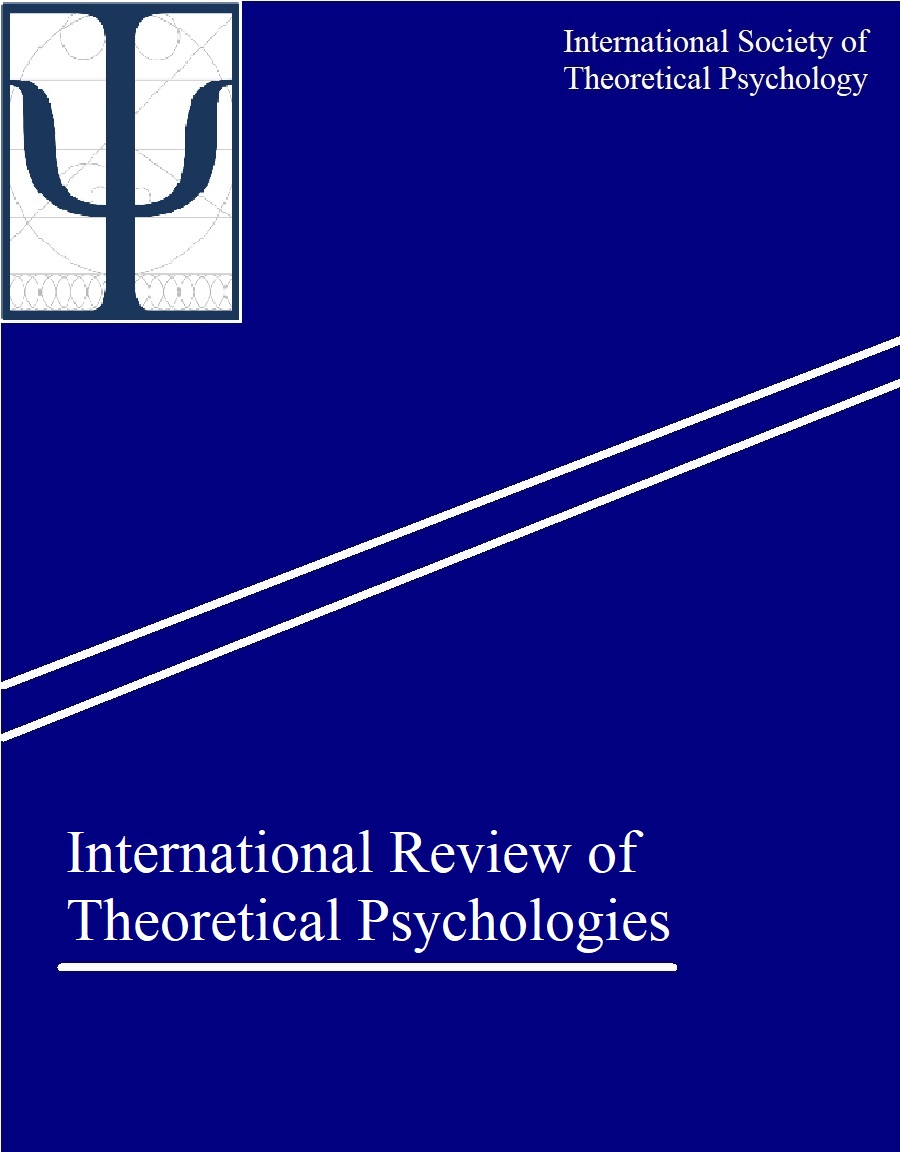Machines for the Making of Gods?
Henri Bergson and the Psychology of Fabulation
DOI:
https://doi.org/10.7146/irtp.v1i1.127083Keywords:
fabulation, Henri Bergson, William James, liminality, religionAbstract
In the early 1930s Henri Bergson made a bold attempt to trace the source of religious experience, belief and practice to a psychological process he called ‘fabulation’ (a term deriving from the Latin fabula, meaning either talk / conversation / discourse, or a story, tale, myth, legend or fable). Beginning with an illustration from the drama series Humans, this paper delineates six main features of fabulation and concentrates attention on two of these: the occasioning of fabulation by a significant event of rupture, and a subsequent double attribution of a powerful agency addressing a powerless subject. The first, which was left implicit by Bergson, is developed via liminality theory. An understanding of fabulation as occasioned by liminal experience also enables an account of the second feature inspired by Heider’s concept of the ‘person’: ‘person’ attributions typical of social perception come – under liminal conditions – to be made with respect to events that otherwise invite naturalistic attributions. Given the tendency in Psychology to treat fabulation purely negatively as part of a mission to explain personhood naturalistically, a more productive and creative orientation to fabulation is called for in the conclusion. This orientation may become increasingly necessary given the liminal nature of the ‘accelerating’ world order/disorder that was the topic of ISTP Copenhagen.
Downloads
Published
How to Cite
Issue
Section
License
Copyright (c) 2021 Paul Stenner

This work is licensed under a Creative Commons Attribution-NonCommercial-ShareAlike 4.0 International License.
IRTP operates based on a non-exclusive publishing agreement, according to which the journal retains the right of first publication, but authors are free to subsequently publish their work. The copyright of all work rests with the author(s).
All content published in IRTP is licensed under a Creative Commons Attribution-NonCommercial-ShareAlike 4.0 International license (CC BY-NC-SA 4.0). This license allows authors and readers to share and adapt content for non-commercial purposes, provided that they abide by the following terms:
- Give credit to the original author(s)/creator(s) and attribution parties (i.e., IRTP);
- Provide a link to the original source, to the extent practicable;
- Include the copyright notice and/or indicate the corresponding Creative Commons license;
- Indicate what, if any, adaptations were made to the original; and
- Share adapted content under the same license as the original.
Authors are encouraged to familiarize themselves with the various Creative Commons licenses. Readers are advised to consult the licensing information embedded in each published work to ensure that they are familiar with the terms of use that apply.





